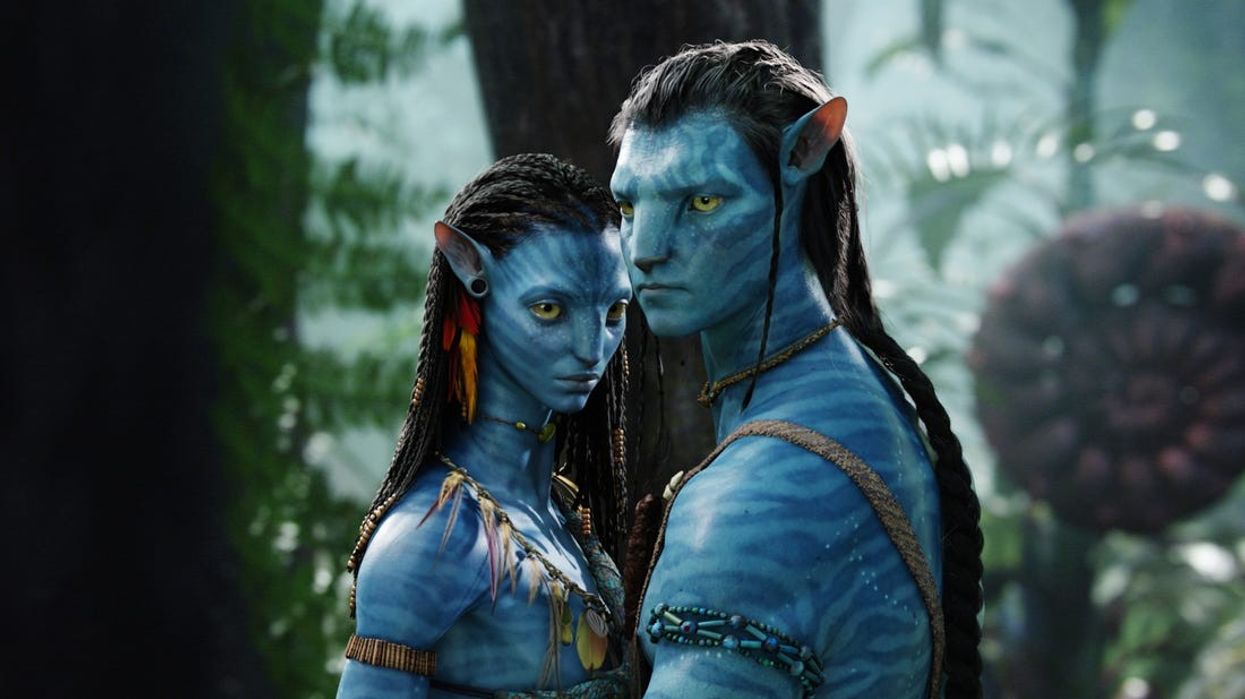What's the Legacy of 'Avatar' According to James Cameron?
It's been over 10 years since Avatar. What has changed?

I remember seeing Avatar opening night and being blown away. Not only was this the best use of 3D I had ever seen but I felt like I was literally whisked away to a whole new planet. The story was a simple riff on the fish out of water trope, taking the audience out of their body and transporting them into an alien world.
It was a literal "walk a mile in someone else's shoes."
The movie was written by James Cameron and was a runaway hit, becoming one of the most popular films of all time and taking the crown as the highest-grossing movie until Avengers: Endgame came along.
Now it's been a decade and I actually work in Hollywood. I'm not a college junior staying up way too late to see the new Cameron movie.
And the director has moved on to...to the Avatar sequel. Let's take a look at what he thinks the first film's legacy is within Hollywood.
I never knew that the inception of Avatar was a dream. I think that it speaks to Cameron's sense of wonderment in his writing and directing that he was able to use a random dream he had to build a world and be patient enough to continue to flesh it out. He took the time to not only get the story right but get the tech where it needed to be, too. He worked it and reworked it. It says a lot about the power of stepping away from a project for a decade and coming back whenever he felt the demand to make it.
When it came to pitching Avatar, Fox was unsure how he could do it. Lucky for Cameron he had the name-branding and success to convince them he could handle this and that it was worth their huge investment.
But before that...he did a proof of concept. Sure, he got Fox to pay for it, but they used $10 million to build the software and cameras that eventually became what he used to shoot the entire movie. It was a worthy bet them, but at the time, Cameron proving his concept was important.
I think many readers can understand why that makes the most sense. Even if you don't have the cash to make a film as advanced as Cameron, proving you can do it pays off.
After those big-ticket items were taken care of, all they had to do was shoot a sort of traditional film.
So, what was Avatar's legacy? 3D movies sort of took off for a while but the real legacy is what the movie did for the blue screen. You can now build entire sets in a computer and that work can be respected for the cinematography and even the writing.
Cameron acknowledges that the movie doesn't have a lasting place in the zeitgeist like Star Wars, but he thinks people being anxious to go back speaks to how it's viewed across the world. It was a story that had universal human experience. From childlike wonder to respect for the planet to finding a place where you belong. The movie is about finding where you fit in, and that legacy resonates.
As he preps the sequels, I think there will be a lot of excitement surrounding them.
When it comes to breaking in, he tells people to get on sets. Learn the jobs of the crew, learn the lenses, and learn how all the pieces come together. He also mentions storytelling as being one of the most important skills.
In the end, it's hard to measure anything that was so popular in 2009 by today's standards. I think the lasting legacy of Avatar should have been studios taking more chances on originals, but what it really is is the advancement of technology that will help dreamers move forward.
Let me know what you think in the comments.
What's next? Get our free screenwriting eBook!
So much of what we're talking about on No Film School when it comes to screenwriting is summarized in our new eBook. It also helps guide you through a 10-week writing plan that will get your script actually finished.












